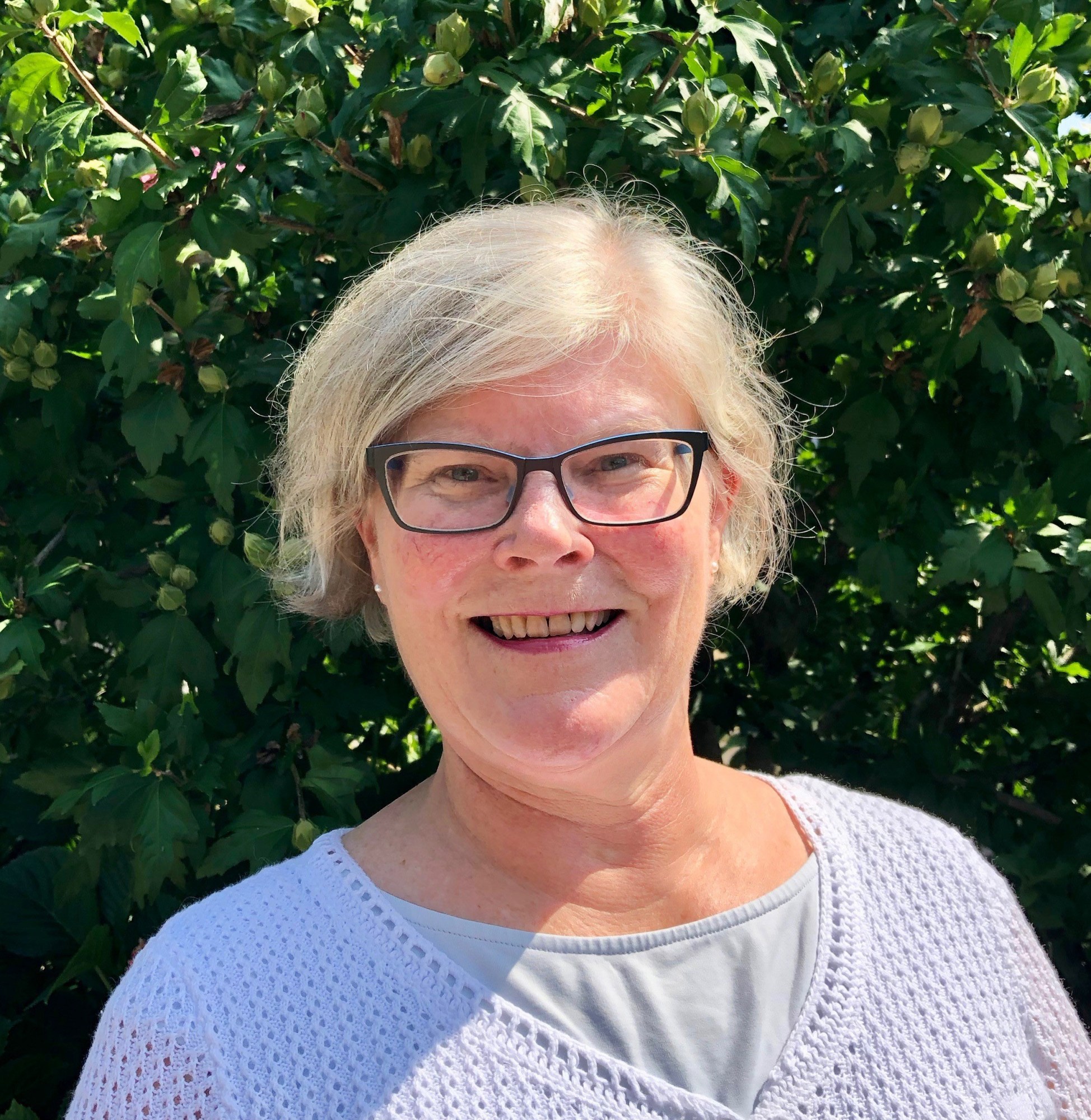Greening affordable housing
Kim Vermeer ’82
It’s hard to keep up with the ever-changing world of technology, and that’s particularly true in a field like affordable housing, which moves very slowly from concept to ribbon-cutting. Kim Vermeer ’82 helps projects stay on track.

“Every time you think you have it figured out, the standards change,” says Vermeer, the founder and president of Urban Habitat Initiatives, a private, Boston-based consulting firm that helps affordable-housing developers meet their goals for sustainability and climate resilience.
A few years ago, energy efficiency was the key goal for new buildings, she points out, but today, carbon emissions reduction has taken center stage. “That’s pushing everyone to electrification, and it is a very big challenge figuring out how to do that,” she says.
A coauthor of the 2020 revised edition of Blueprint for Greening Affordable Housing, Vermeer has been tackling such challenges for 25 years—well-equipped with a degree in art and design from MIT. A native of Michigan, Vermeer joined the Peace Corps after MIT, overseeing construction projects in Tonga. She then went to Harvard’s Kennedy School for a master’s degree in planning and worked for the Rhode Island Housing and Mortgage Finance Corporation.
In 1996, she took a year off to travel, including six months in Europe. “I was struck by what a different approach they took to land use,” she says. The compact urban centers seemed so unlike America’s suburban sprawl. She also revisited the South Pacific, where she saw residents replicating Western patterns, building suburban homes on farmland. “I thought, this is just not sustainable,” Vermeer says.
Green housing was just emerging as a field then, so Vermeer created her own business. “Following lessons from MIT, I decided to learn my way into this new field,” she says. She earned credentials in Leadership in Energy and Environmental Design, or LEED, and founded Urban Habitat Initiatives in 1997 to help organizations set and meet goals for affordability, sustainability, and equity. “We must address equity and affordability as part of an environmentally sustainable solution,” she says. “It’s not either-or.”
This is the work she continues today, most recently guiding the LEED certification process for several large Boston affordable-housing projects. At the same time, she works to spread sustainable practices through her podcast “Green in Action,” which she launched in 2021. “We’re focused on sharing success stories as inspiration,” she says.
Keep Reading
Most Popular
Large language models can do jaw-dropping things. But nobody knows exactly why.
And that's a problem. Figuring it out is one of the biggest scientific puzzles of our time and a crucial step towards controlling more powerful future models.
How scientists traced a mysterious covid case back to six toilets
When wastewater surveillance turns into a hunt for a single infected individual, the ethics get tricky.
The problem with plug-in hybrids? Their drivers.
Plug-in hybrids are often sold as a transition to EVs, but new data from Europe shows we’re still underestimating the emissions they produce.
Stay connected
Get the latest updates from
MIT Technology Review
Discover special offers, top stories, upcoming events, and more.